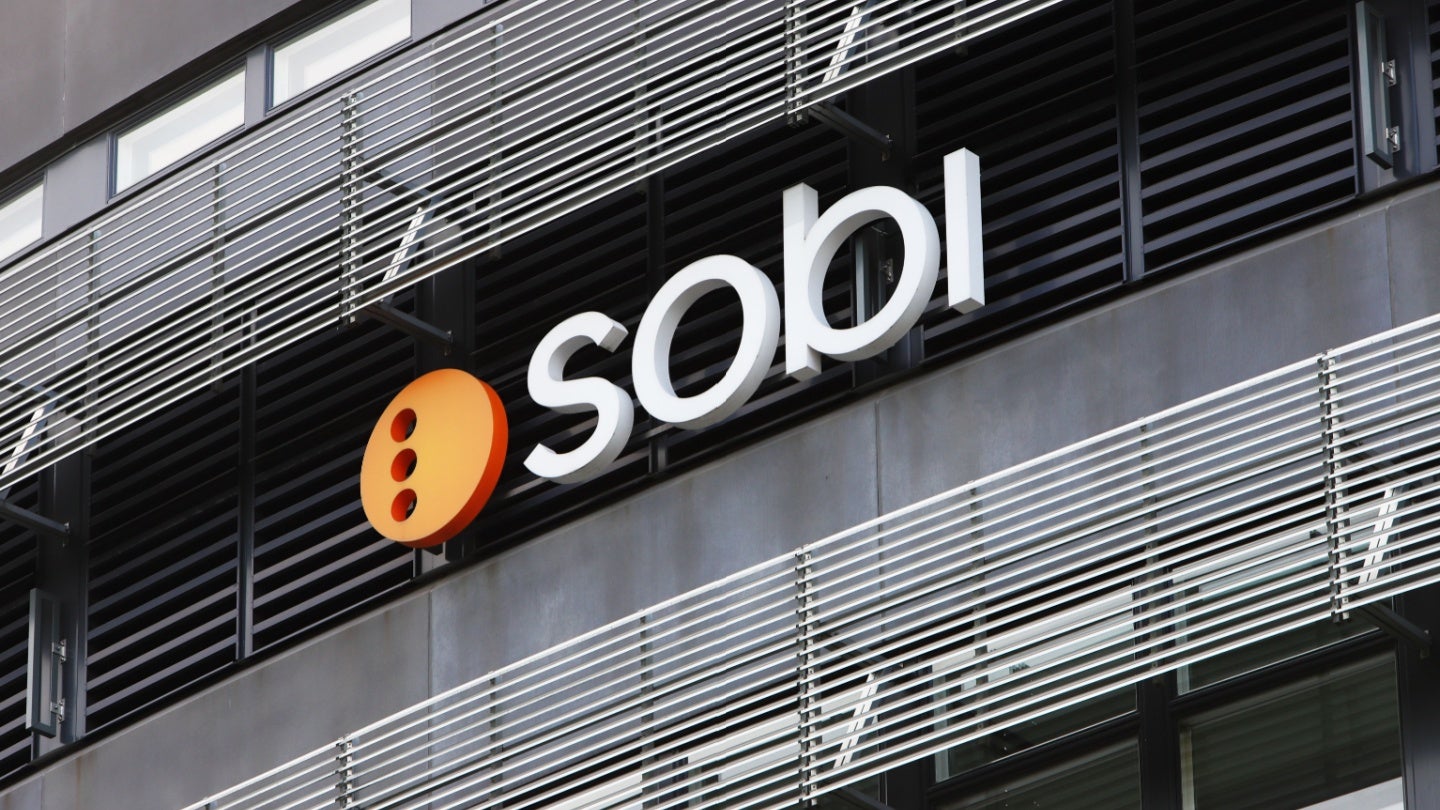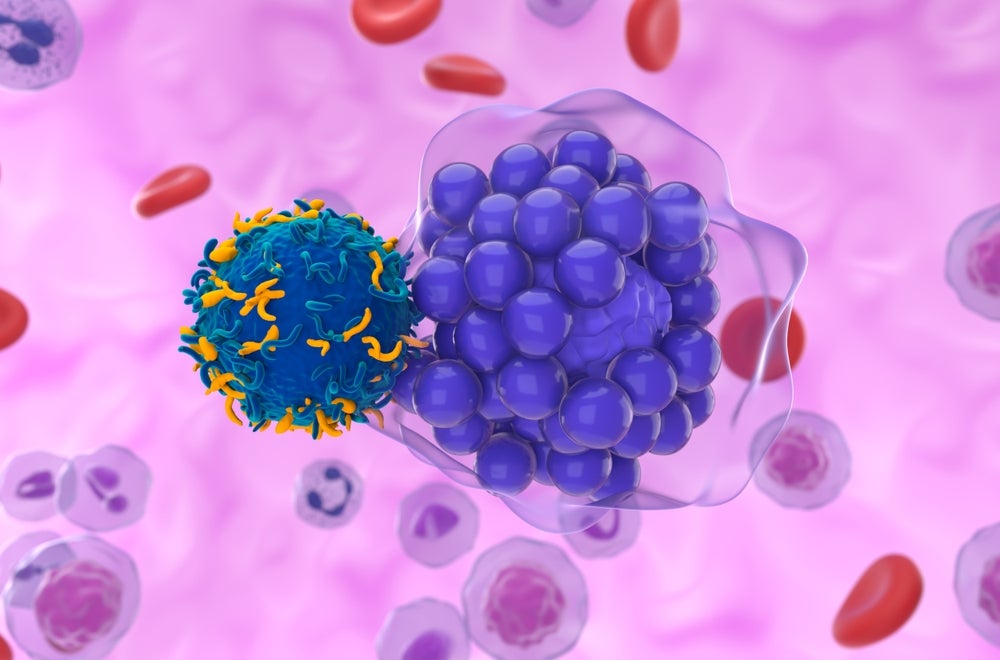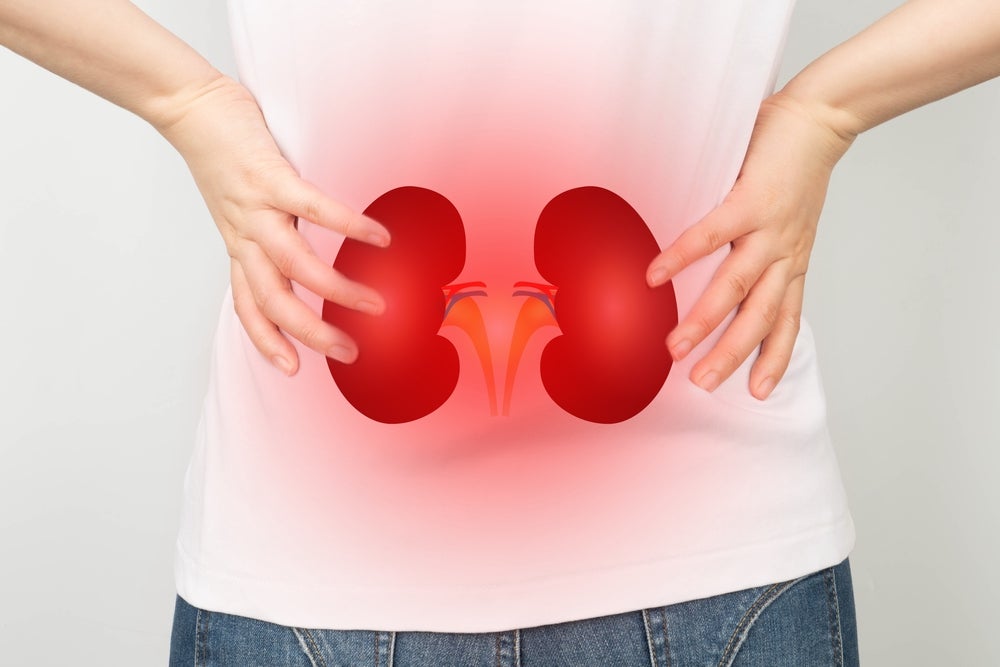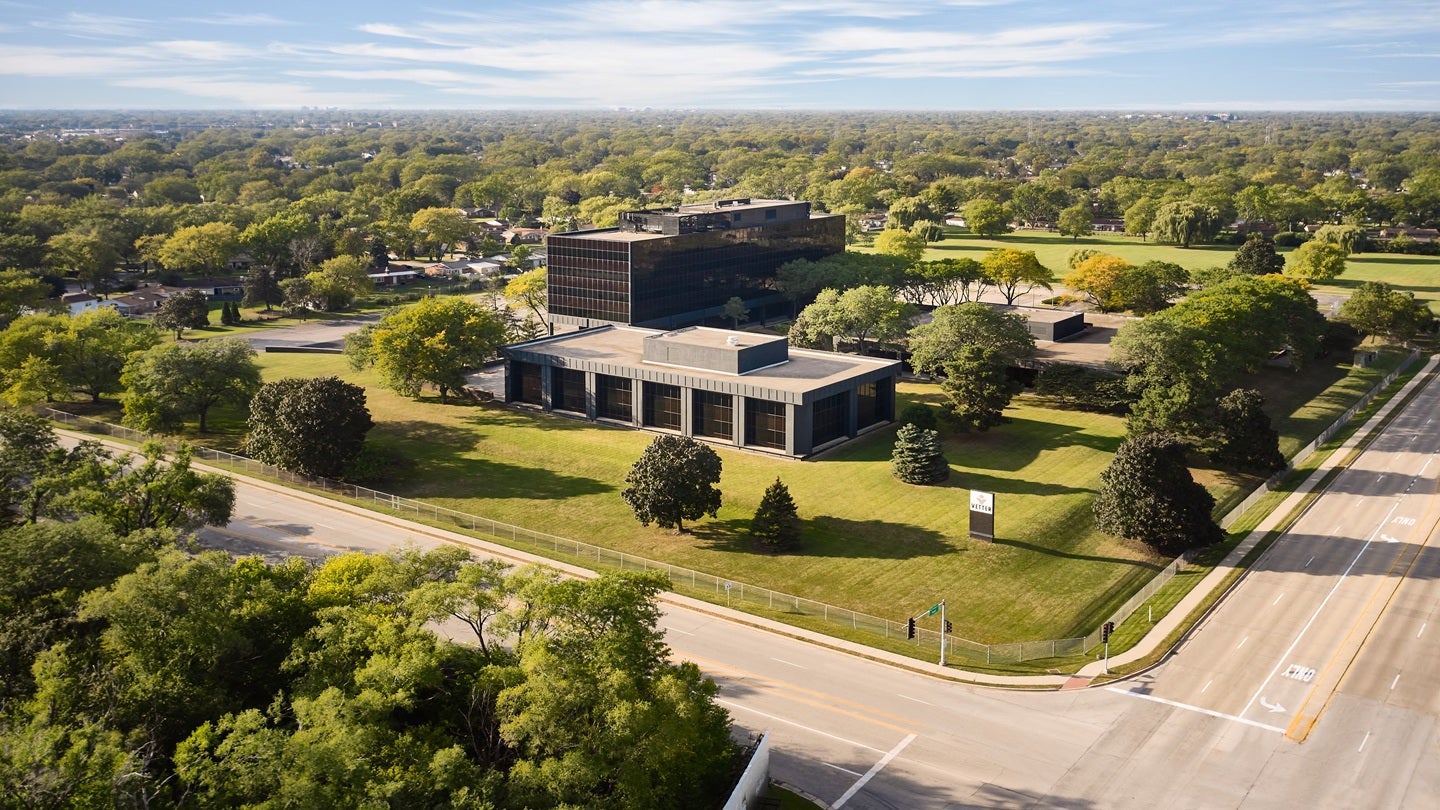A little boy’s tragic cardiac arrest puts Pfizer’s Phase 3 gene therapy experiment on hold
A young child with Duchenne muscular dystrophy (DMD) participating in Pfizer’s Phase 2 gene therapy experiment has passed away. Pfizer released a statement that a fatal event was reported as cardiac arrest for a participant in the Phase 2 DAYLIGHT study. Pfizer and the independent external data monitoring committee are analyzing the information to determine […]

A young child with Duchenne muscular dystrophy (DMD) participating in Pfizer’s Phase 2 gene therapy experiment has passed away. Pfizer released a statement that a fatal event was reported as cardiac arrest for a participant in the Phase 2 DAYLIGHT study. Pfizer and the independent external data monitoring committee are analyzing the information to determine the possible cause.
According to Pfizer, the boy had undergone experimental recombinant adeno-associated virus gene therapy in early 2023 in the form of fordadistrogene movaparvovec. He participated in the DAYLIGHT experiment, which involved boys between the ages of two and three.
In 2023, Pfizer’s Phase 3 CIFFREO study, a crossover trial design examining fordadistrogene movaparvovec in boys with DMD between the ages of 4 and fewer than 8 years, also completed its initial treatment. Pfizer has suspended CIFFREO’s crossover dosage in response to the patient’s passing. As additional evidence comes to light, the pharmaceutical company will collaborate with regulators. Apart from the cessation of CIFFREO dosage, the studies will proceed according to plan. The dosage phase of other ongoing trials assessing gene therapy has been completed.
In the letter, Pfizer stated, “We are committed to sharing more information with the medical and patient community as soon as we can. The safety and well-being of the patients in our clinical trials remain our top priority.” “We will continue to gather data from our trials to assess fordadistrogene movaparvovec’s potential benefit in treating DMD, as we are aware that many patients hold optimistic views about this treatment.”
The primary completion date for the DAYLIGHT trial, which is evaluating the safety and dystrophin expression of fordadistrogene movaparvovec, is slated for the end of this year.
During a quarterly earnings call in October 2023, Mikael Dolsten, the Chief Scientific Officer and President of R&D of Pfizer, referred to experimental gene therapy as “the main game in town.” The remark was made immediately following the failure of a confirmatory trial to meet the primary aim of a pivotal study for Elevidys, a DMD candidate from Sarepta Therapeutics.
Pfizer’s candidate, PF-06939926, was reported at the time by Dolsten to have “shown a very consistent effect across biomarkers and functional endpoints.”
There have been previous deaths involving patients who received PF-06939926. Pfizer announced the passing of a young male patient in a Phase 1 DMD experiment back in December 2021. The FDA placed a clinical hold on the trial, and the company stopped screening and treating participants.
Before then, during a Phase 3 trial evaluating ambulatory function, the pharmaceutical company had already noted safety issues related to the treatment. Following the reporting of three adverse events, Pfizer modified the research protocol to exclude participants who possessed certain gene variants.
DMD is a rare genetic condition that causes gradual muscle deterioration. Boys are most affected by the illness, which affects around one in every 5,000 live births.
What's Your Reaction?

































